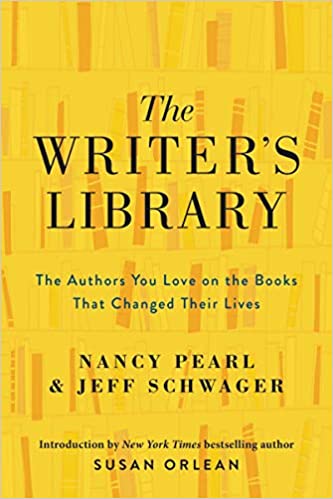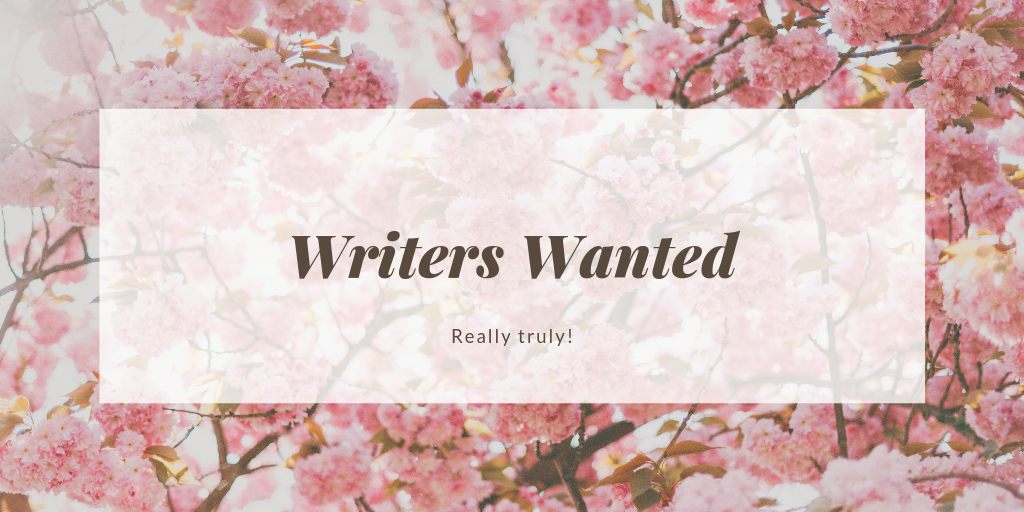Can Fiction Writers Stem the Tide of Barbarism?
The barbarians are no longer at the gates, but inside them – and I’m not talking about invaders from other cultures, but homegrown barbarians who are either ignorant of the glories of Western culture, or actually despise it and want to destroy it. Anyone who supports cancel culture, for a start, which may mean the majority of the people you know, if you’re an educated person in the liberal professions – is a barbarian, someone with a medieval mindset who not only believes in strict orthodoxy, but wants to enforce it through ostracization. And the publishing industry is peopled almost entirely by these latter-day Goths, Vandals, and Huns.
This is all obvious to anyone who’s paying attention. The problem is that most writers have not been paying attention.






